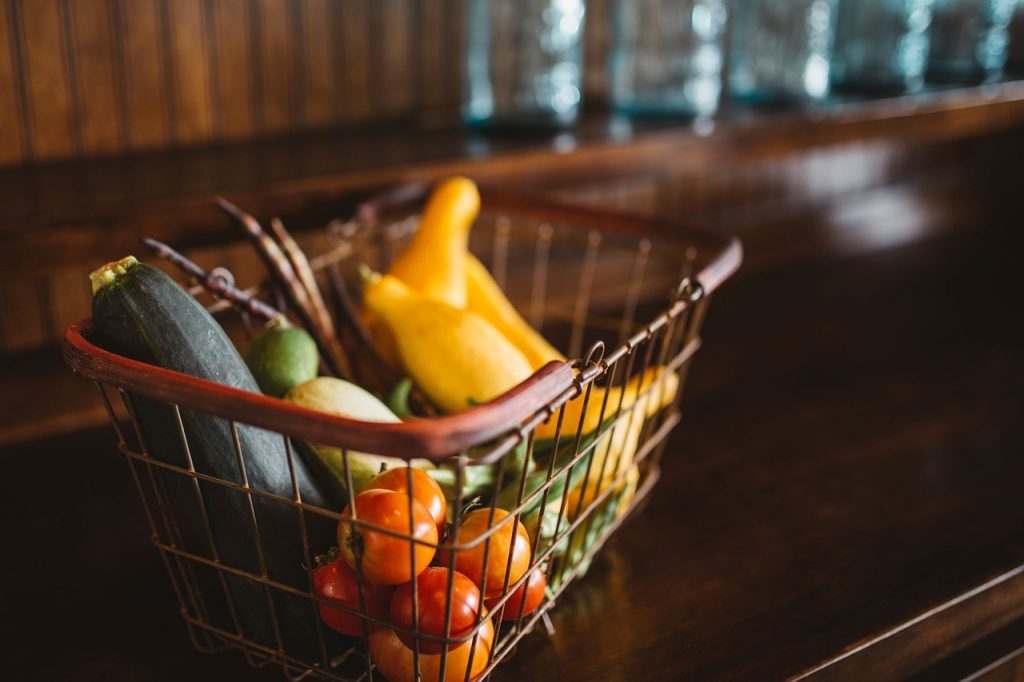World At Imminent Risk Of Global Food Crisis?
Amid compounded woes being exacerbated by inflation, the world could be on the cusp of a severe global food crisis.
This article is more than 2 years old

Due to a whole host of compounding factors, most of the world, the United States included, is knee-deep in fielding difficulties associated with severe inflation. The costs of every purchasable product and service imaginable have been on a steady incline for months on end. Gas prices and food prices have been particularly hard hit. The United States is in on track to hit a $6 national gas price average and the costs for dairy and poultry have climbed at least 14% over the course of a year. To make matters even more worrisome, NPR is now warning of a new threat. A global food crisis is looking more and more like a plausible reality.
Kristalina Georgieva, who works as the International Monetary Fund managing director, expressed her concerns regarding a potentially imminent global food crisis. Georgieva detailed that “the anxiety about access to food at a reasonable price globally is hitting the roof.” She went on to highlight the cause as the consistently climbing food prices.
Georgieva’s observations and fears of a potential global food crisis are valid. This is because if prices continue to climb more and more families will be forced to make concessions in order to feed their loved ones. And ultimately, there will be some who will not be able to afford to feed their families at all. Those factors could easily serve as the foundation from which a global food crisis could emerge.
The theory that a global food crisis is on the verge of emerging is further supported by the immense number of individuals worldwide that are already feeling some level of food insecurity. The United Nations cited sobering statistics that back what individuals across the world are feeling. Perhaps the most staggering of those statistics, NPR pointed out, is the fact that “…the number of severely food-insecure people has doubled in the past two years, from 135 million pre-pandemic to 276 million today.” This is exceedingly scary considering that many countries across the world, like Ethiopia, are already contending with widespread hunger. A global food crisis would only make things even more difficult for those already suffering countries given how many populaces will be fighting for the same resources and how many countries’ efforts will be directed inward to focus on helping residents suffering within their borders.
The growing concern of a global food crisis is presenting because of multiple mitigating factors. Primarily, though, it can be attributed to Russia’s continuing besiegement of Ukraine and the devastating effects of climate change. Not only has the ongoing geopolitical conflict put an immense strain on the production of vital resources such as wheat, but climate change has caused many farmers across the world to lose their entire harvests. Waning supplies coupled with increased demand and exorbitant inflation create the perfect mixture of circumstances for a global food crisis to plague the entire globe. The United Nations is warning that steps should be employed now in an effort to combat or at least alleviate an emerging global food crisis. However, whether or not any preventative measures will be put in place, at this point, still remains to be seen.




